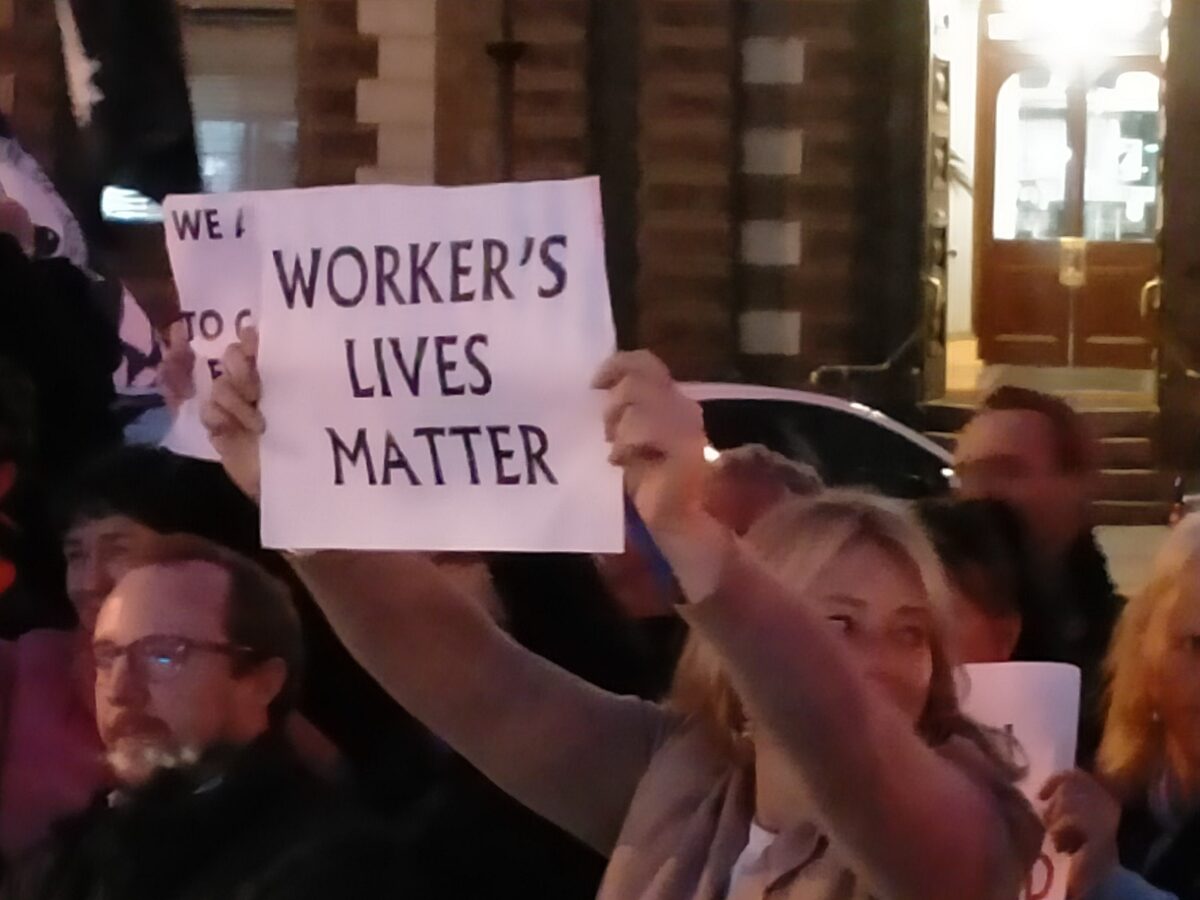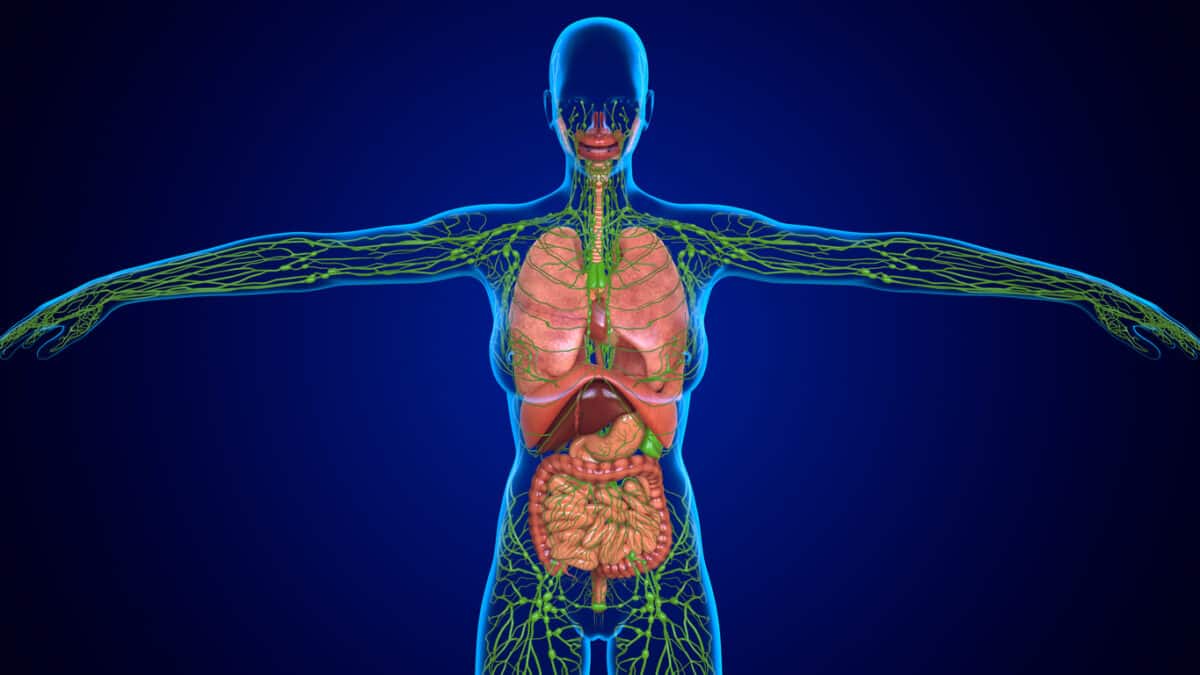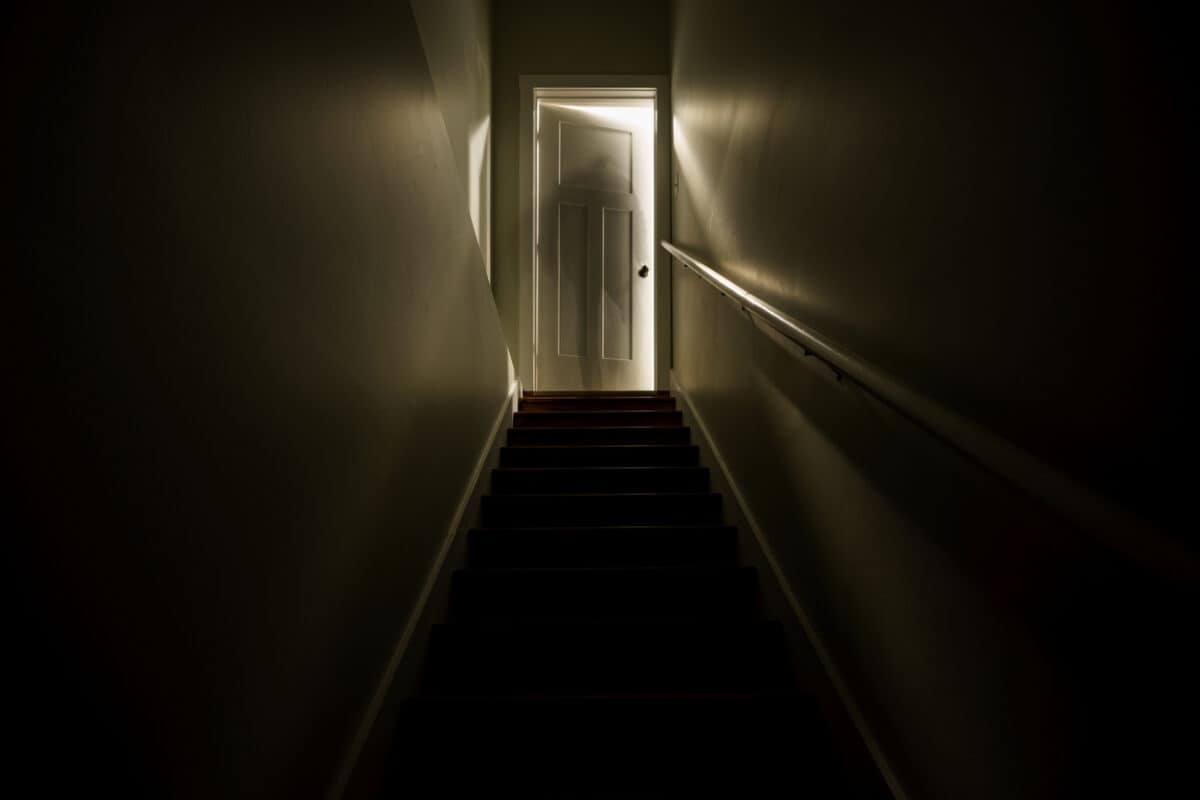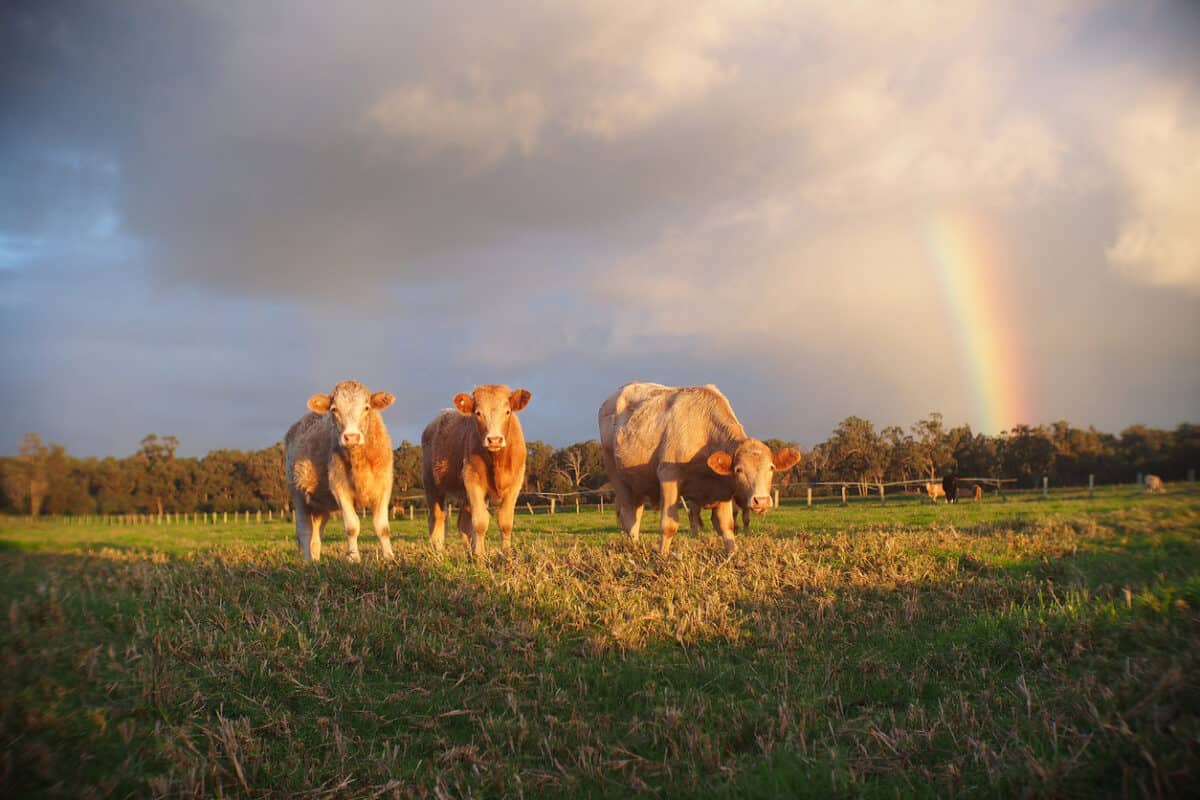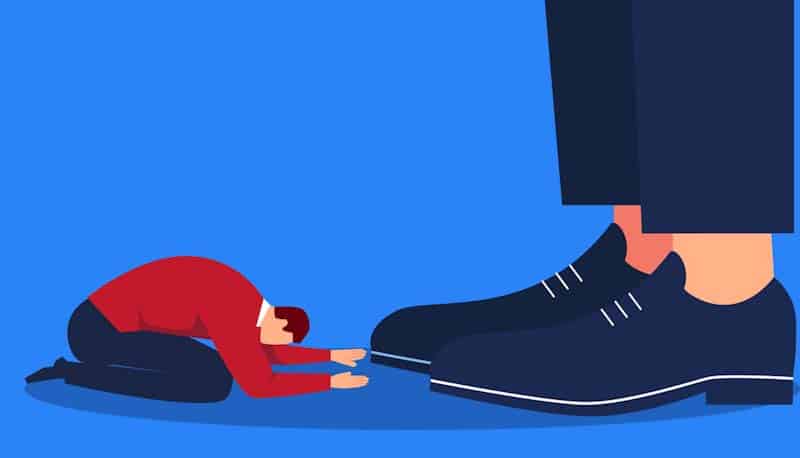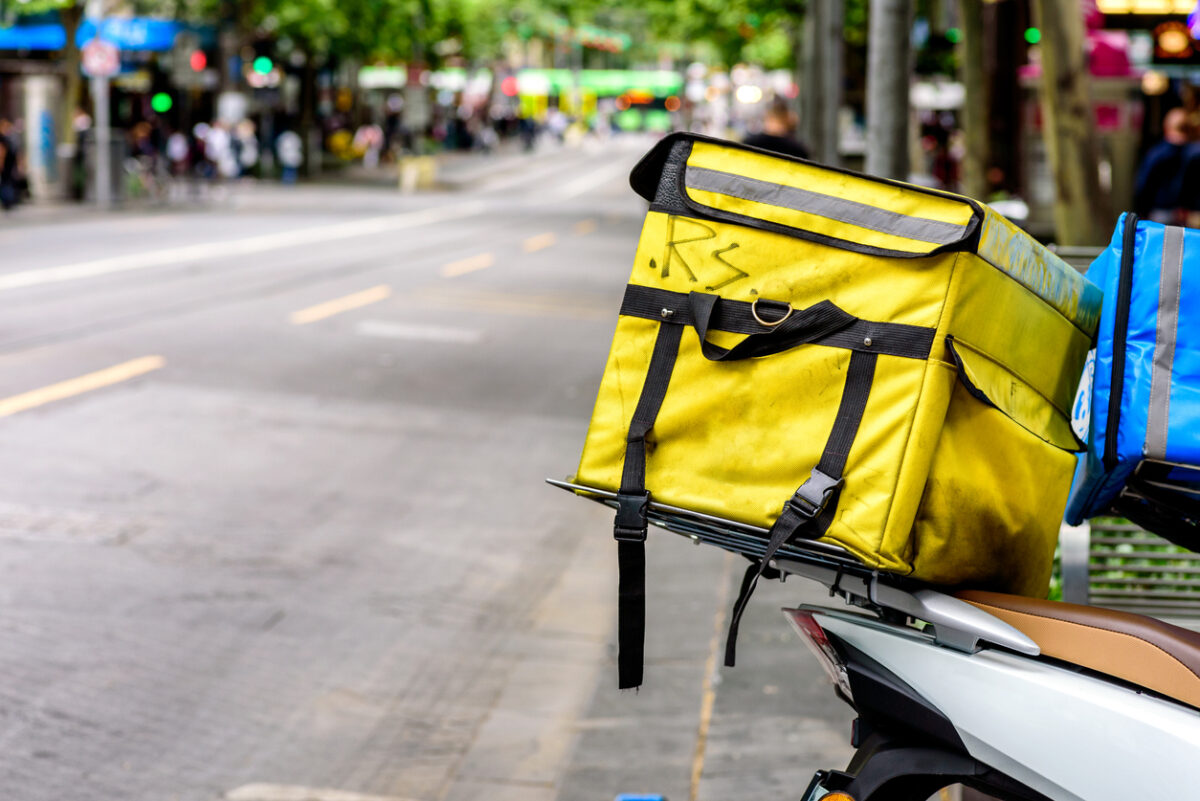On a chilly night in Ballarat, over a hundred people gathered outside the Town Hall, within which the City Council was meeting, to let the Council know that the awarding of millions of dollars of ratepayers’ money to a local company that admitted to breaching occupational health and safety (OHS) laws and that led to the deaths of two local workers was not acceptable.
The event seem coordinated by the local Trades Hall Council, for the usual inflatable rat and fat cat were next to the ute, which was blasting out protest songs. Almost all the speakers were trade unionists, although one was Andy Meddick from the Animal Justice Party. The protest may not have achieved the changes that many speakers called for, but as is the case with these types of events, Council has given some ground with a likely review of the OHS procurement criteria.

